Castle Semple Collegiate Church
Lochwinnoch
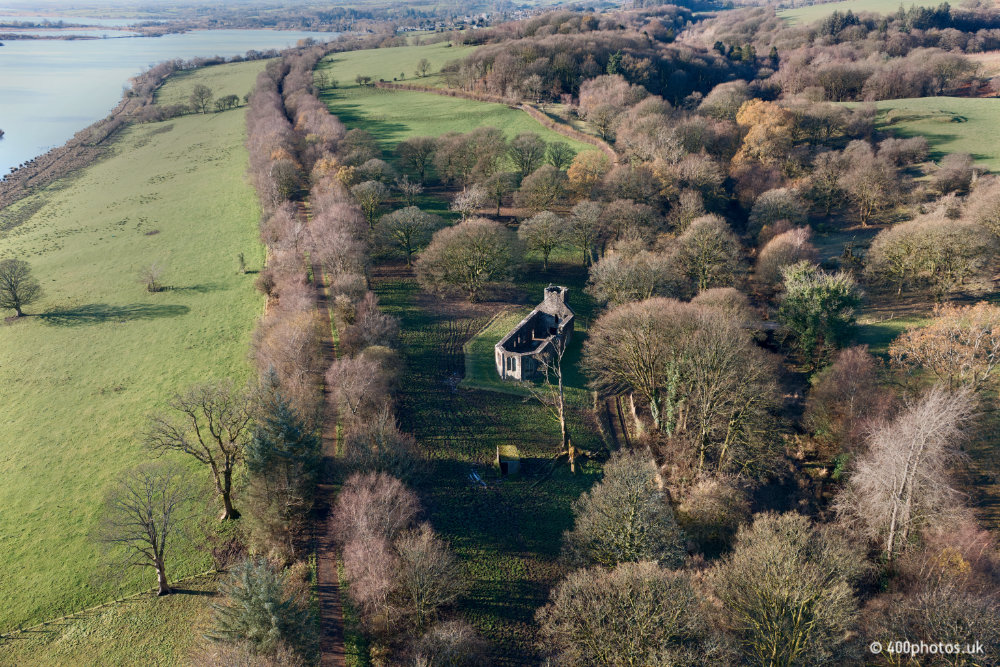

The Collegiate Church at Castle Semple, just north of Lochwinnoch in Renfrewshire was founded in
1504 by John, 1st Lord Sempill (old spelling of Semple) and was built in the grounds of his castle,
long destroyed.
It was visited by King James IV and was a place of learning up to the 1680s.
Looking south-west towards Lochwinnoch.
It was visited by King James IV and was a place of learning up to the 1680s.
Looking south-west towards Lochwinnoch.
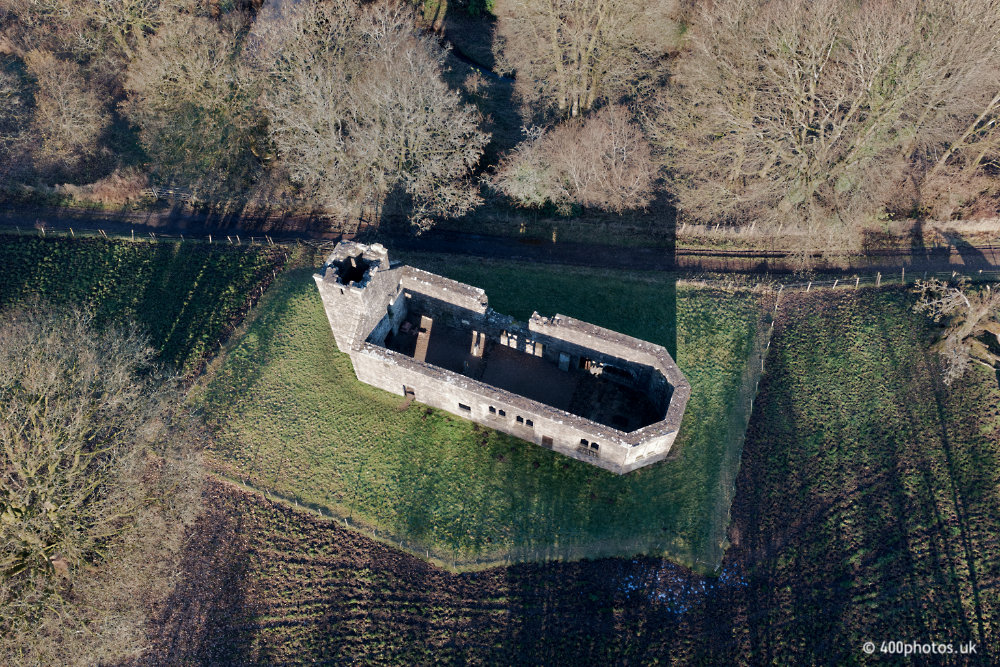

The original purpose was to pray for the soul of the founder and his family and for that purpose there wes
a senior priest or provost working with up to six chaplains along with altar boys and a sacristan (nowadays
called a sexton or church officer).
It is a remarkable example of Gothic architecture in Scotland but was in use for worship for a remarkably short period of around only 40 years.
It is a remarkable example of Gothic architecture in Scotland but was in use for worship for a remarkably short period of around only 40 years.
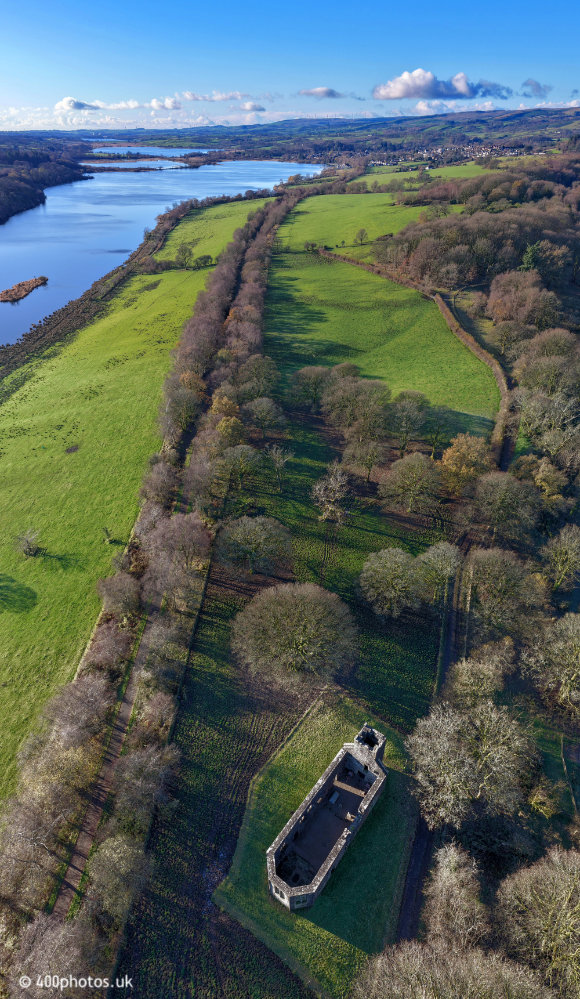

On the left is Castle Semple Loch and in the distance Barr Loch; Lochwinnoch is on the right about a mile away.
The old railway line running up through the picture is now a footpath/cycle path, part of National Cycle Route 7. Access to the church is free and easy on foot but there's no nearby parking. The nearby roads are all private but there's parking and general tourist facilities at Castle Semple Park.
The old railway line running up through the picture is now a footpath/cycle path, part of National Cycle Route 7. Access to the church is free and easy on foot but there's no nearby parking. The nearby roads are all private but there's parking and general tourist facilities at Castle Semple Park.
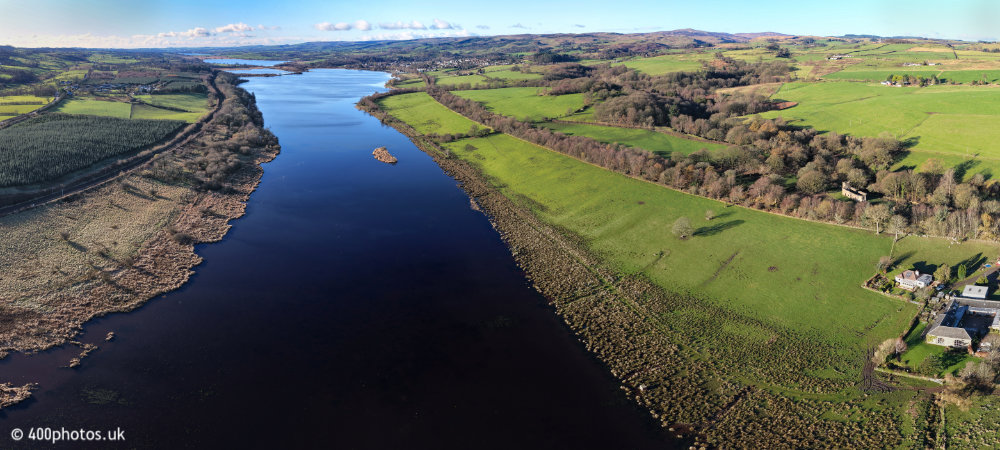

A wide view looking south-west with the church on the right. That's the main railway line from
Glasgow to Ayr on the left (eastern) shore.
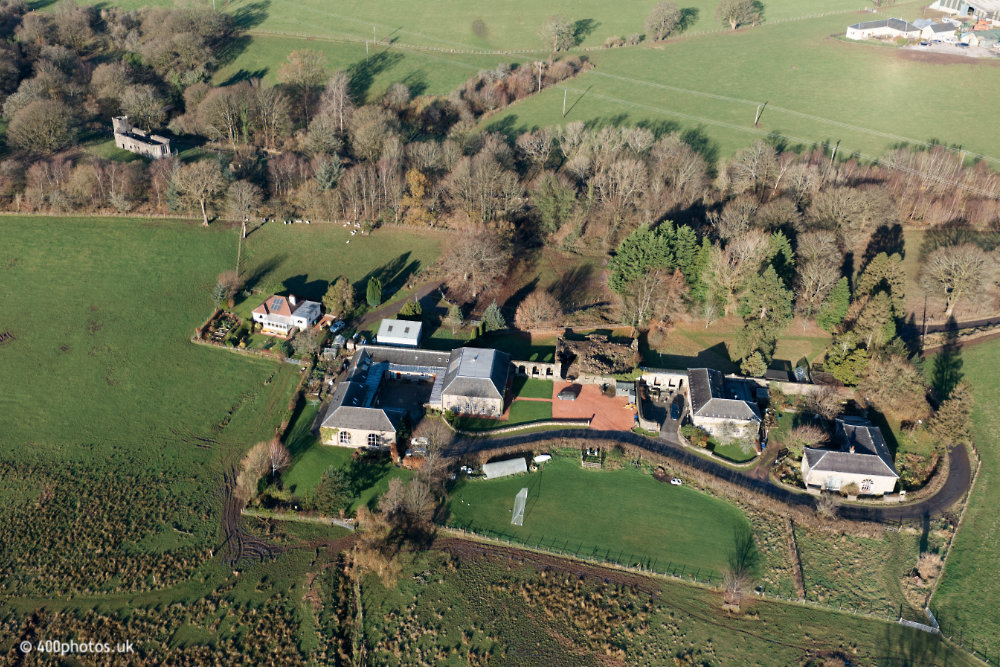

From the east, the church in the top left with Castle Semple House and Low Semple House in the foreground.
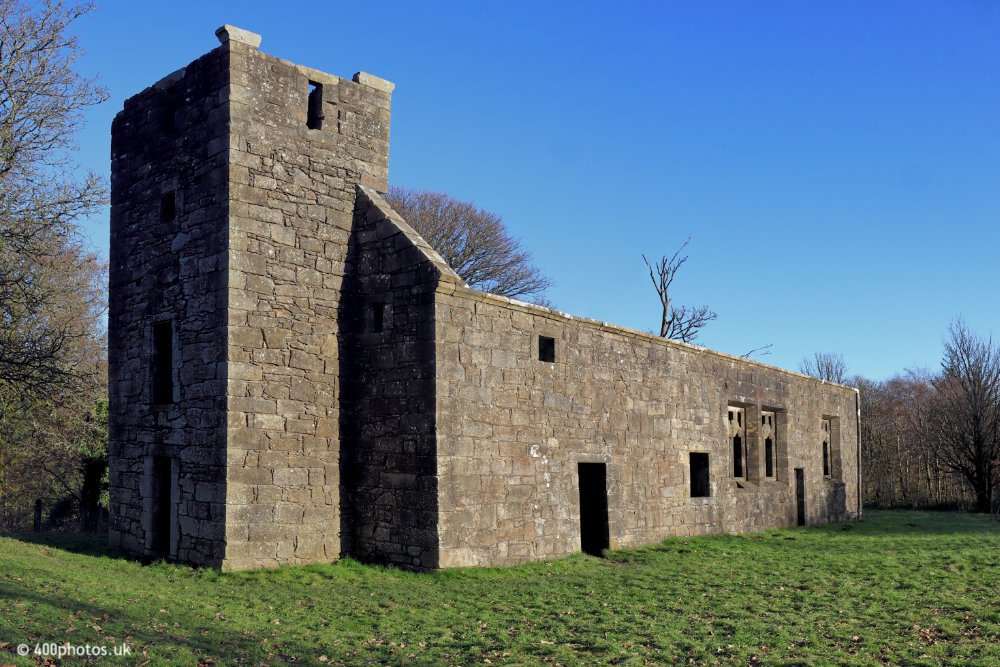

The windows are a particular feature with very impressive tracery still in place over 500 years after being built and
the eastern end, the apse, has particularly unusual window features.
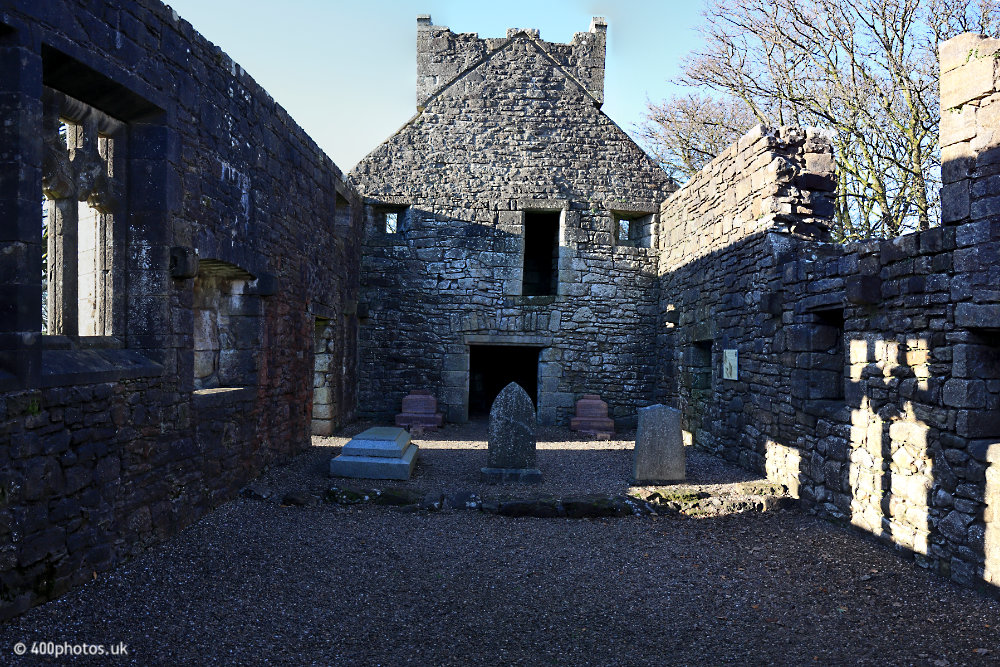

The church fell out of use during the Reformation (Catholic to Protestant between about 1525-1560) but as you
can see was used as a burial site for many years afterwards and is now in the care of Historic Environment Scotland.

